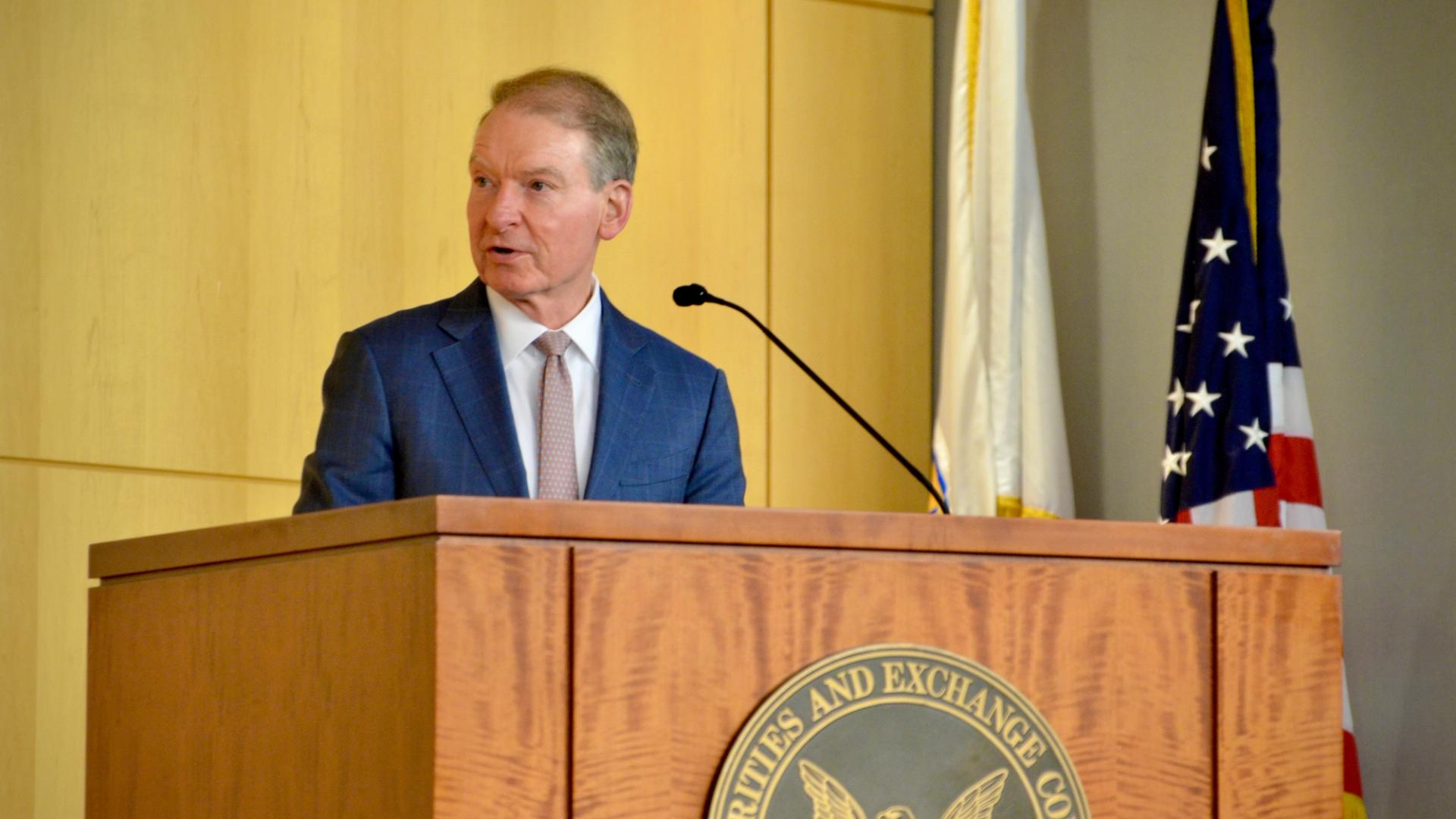The calm in the oil market following the U.S. airstrike on Iran's nuclear sites has dashed the forecasts of bears who predicted a slide in the price of bitcoin BTC. With this in mind, traders can look to the week's major events that could affect markets.
Federal Reserve Chairman Jerome Powell's semi-annual monetary policy testimony to Congress is likely to be the main event.
Powell will probably be grilled by Republican party members for not cutting interest rates and "costing the country hundreds of billions of dollars," as President Donald Trump has repeatedly said in his Truth Social posts. Powell, however, is expected to reiterate the Fed's independence and the data-dependent path forward for rates.
Traders will closely watch Powell's take on the interest-rate trajectory, given the backdrop of Trump-appointed Fed Governor Christopher Waller's recent comments that interest rates could be reduced in July.
"With the market's pricing of future inflation well anchored, early cracks emerging in the labor market and housing activity evidently weak, there are reasons for the Fed to consider adopting a dovish shift in the July FOMC meeting and guiding towards a cut in September — a path already priced into the U.S. swaps market," Chris Weston, head of research at Pepperstone, said on X.
Dovish hints could prompt more risk-taking in financial markets, boding well for BTC, which has held mainly above $100,000 throughout the recent escalation of conflict in the Middle East.
Markets expect the Fed to deliver two 25 basis-point cuts this year, but the take is not unanimous/
"We continue to think that clarity on the inflation story — whether tariffs are a one-off price shock or if they prompt more sustained inflation pressures — may not come before the December FOMC meeting, meaning we will see just one rate cut this year," analysts at ING said in a note to clients Friday. "However, if the jobs market continues to weaken, that may well be a 50bp cut."
Core PCE
On the data front, the core personal-consumption expenditures (PCE) price index, the Fed's preferred inflation measure, scheduled for release on Friday, is the marquee release.
According to Pepperstone, the consensus is for the data to show a 0.1% month-on-month increase in May, resulting in an annualized growth rate of 2.6% and a three-month annualized rate of 1.6%.
Expectations of a benign 0.1% increase support the Fed rate cut bets; however, according to ING, the inflationary impact of Trump's tariffs is expected to kick in from July.
Trump's 90-day pause on reciprocal tariffs, announced in early April, is set to expire on July 9, following which the heavy 'Liberation Day' tariffs take effect.
So far, the president has made a deal with the U.K. and announced a trade framework with China. Beijing is yet to sign the deal and the European Union remains quiet.
Iran tensions are not over yet
While the oil market is calm for now, Iran could inflict damage even without closing the Strait of Hormuz, a trade route that carries about a fifth of the world's oil.
By constantly threatening the closure of the strait alone, Iran could push up shipping insurance costs, ultimately adding to oil prices.
The cost to insure a vessel for the journey via the Strait of Hormuz has already risen from 20 cents a barrel to 80, a report by South China Morning Post said, quoting the Athens-based Xclusiv Shipbrokers.
"By planting enough belief that they could disrupt this key logistical channel, maritime costs could rise to the point that it would have a significant impact on the supply of crude and gas," Weston noted.

 2 months ago
124
2 months ago
124








 English (US) ·
English (US) ·